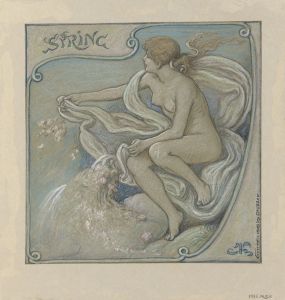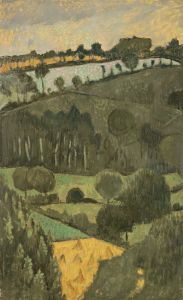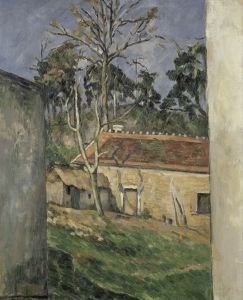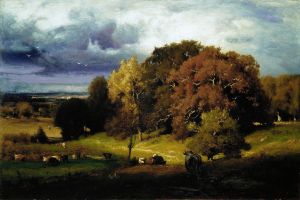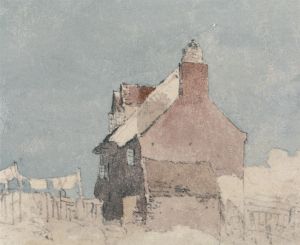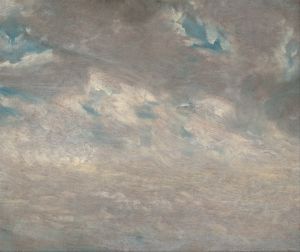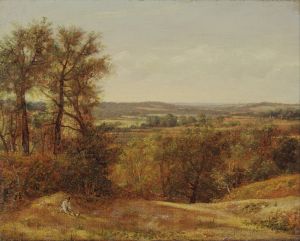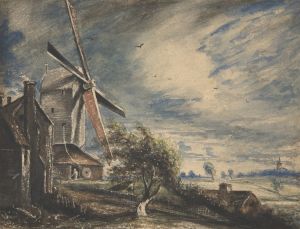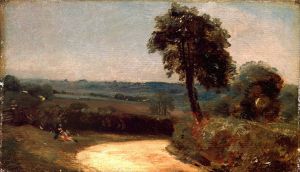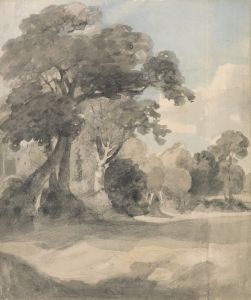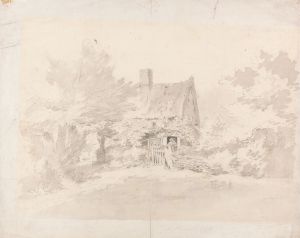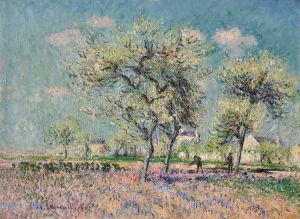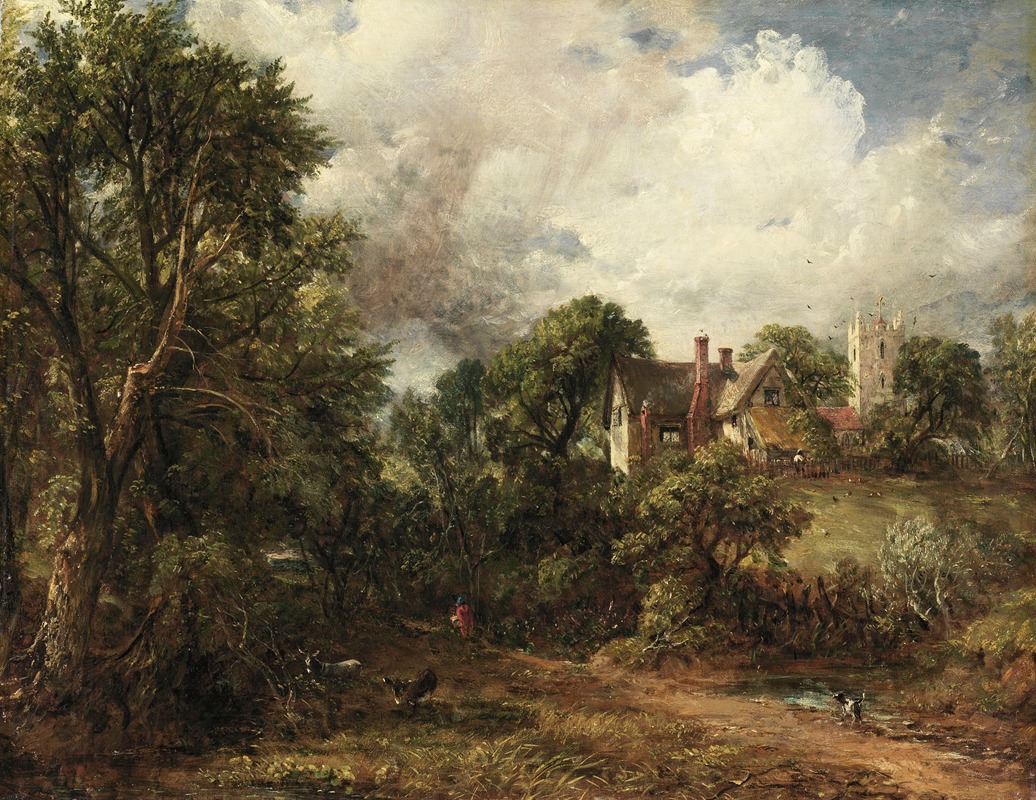
The Glebe Farm
A hand-painted replica of John Constable’s masterpiece The Glebe Farm, meticulously crafted by professional artists to capture the true essence of the original. Each piece is created with museum-quality canvas and rare mineral pigments, carefully painted by experienced artists with delicate brushstrokes and rich, layered colors to perfectly recreate the texture of the original artwork. Unlike machine-printed reproductions, this hand-painted version brings the painting to life, infused with the artist’s emotions and skill in every stroke. Whether for personal collection or home decoration, it instantly elevates the artistic atmosphere of any space.
"The Glebe Farm" is a painting by the renowned English Romantic painter John Constable, who is celebrated for his landscape paintings that depict the English countryside with a remarkable sense of realism and emotion. Constable was born in 1776 in East Bergholt, Suffolk, and his works are often associated with the natural beauty of the Suffolk and Essex regions.
"The Glebe Farm" was completed in 1830, a period when Constable was deeply engaged in capturing the essence of rural England. This painting is one of his many works that reflect his dedication to portraying the landscapes he knew intimately. Constable's approach to landscape painting was revolutionary for his time, as he sought to depict nature with a sense of immediacy and truthfulness, often working outdoors to capture the changing effects of light and weather.
The painting depicts a rural scene with a farm nestled in the countryside, surrounded by lush greenery and a serene atmosphere. Constable's use of color and light in "The Glebe Farm" is characteristic of his style, with a focus on natural tones and a dynamic sky that adds depth and movement to the composition. The farm buildings, trees, and fields are rendered with a meticulous attention to detail, reflecting Constable's deep appreciation for the rural landscape.
Constable's work was heavily influenced by his upbringing in the countryside and his desire to convey the beauty and tranquility of rural life. He often painted scenes from his native Suffolk, and "The Glebe Farm" is believed to be inspired by the landscapes around this area. The painting is noted for its atmospheric quality, achieved through Constable's skillful use of brushwork and his ability to capture the transient effects of light and weather.
During his lifetime, Constable's work was not immediately embraced by the British art establishment, which favored historical and classical subjects. However, his dedication to landscape painting and his innovative techniques eventually gained recognition, particularly in France, where his work influenced the Barbizon School and later the Impressionists.
"The Glebe Farm" is part of the collection at Tate Britain, where it continues to be appreciated for its artistic merit and its representation of Constable's unique vision. The painting exemplifies Constable's belief in the power of nature and his commitment to capturing its beauty with authenticity and emotion.
John Constable's legacy as a pioneering landscape artist endures, and "The Glebe Farm" remains a testament to his skill and his profound connection to the English countryside. His work has inspired countless artists and continues to be celebrated for its contribution to the development of landscape painting in the 19th century.





